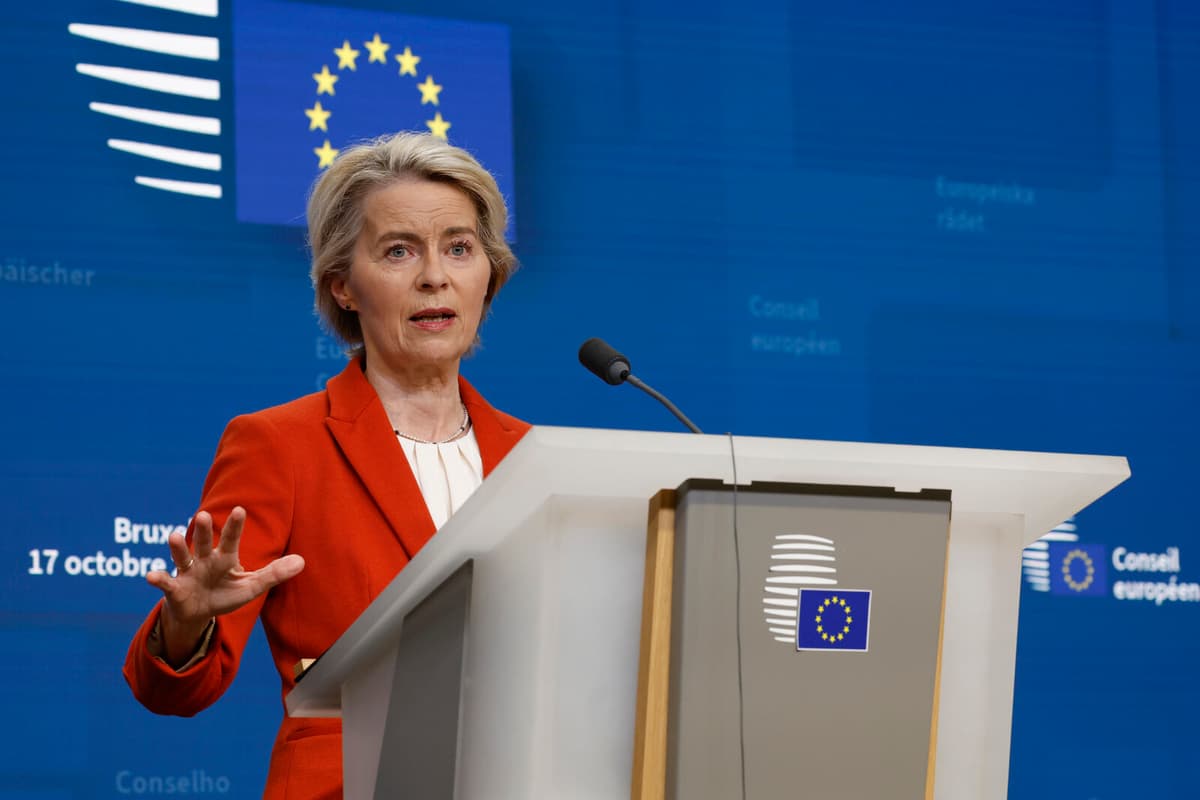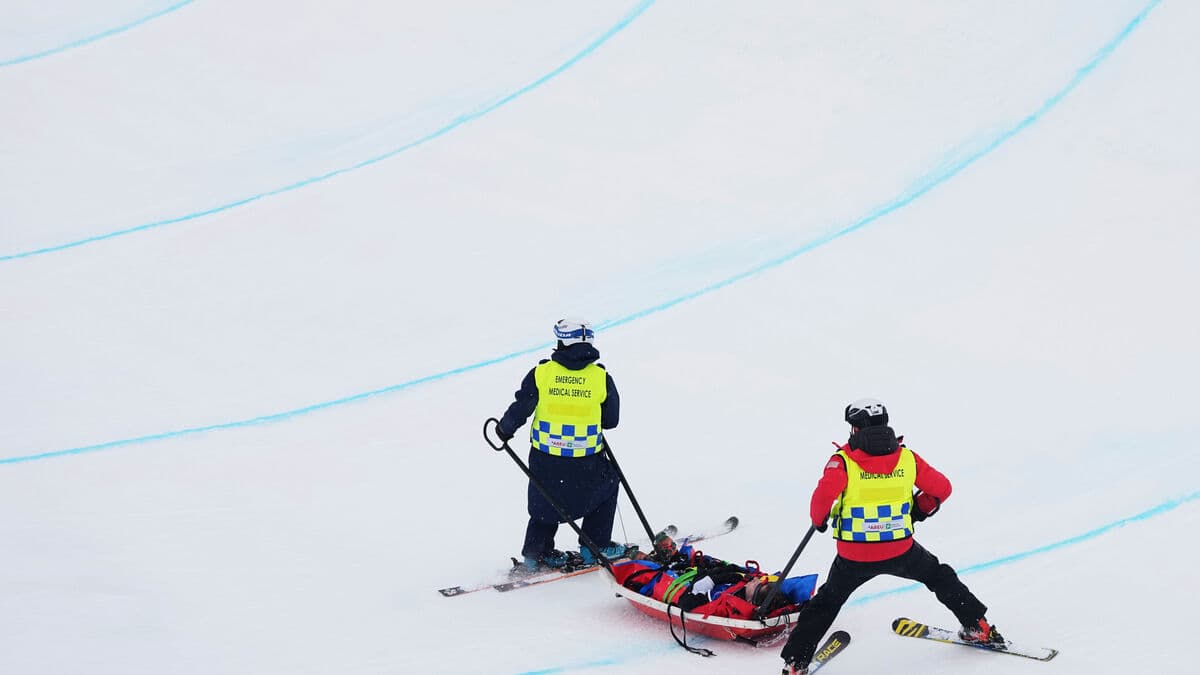Last week's EU summit in Brussels was dominated by a migration discussion with clear demands for tougher measures. This has prompted the most migration-critical EU leaders to quickly add even more wishes.
At a meeting in Slovakia on Tuesday, Hungarian Prime Minister Viktor Orbán, Slovakia's Robert Fico, and President Aleksandar Vucic from non-EU country Serbia agreed to push for placing all asylum seekers in centers in North Africa.
You'll have to wait outside. All other solutions are ineffective, said Orbán according to news agency AP.
Proposals underway
So far, however, it's a long way to go before any common asylum centers outside the EU. On the other hand, it's clear to see what other new measures are on the way.
First and foremost, a proposal is likely to come that tightens the requirements for people who have not been granted asylum in the EU to return home and how it should be done. This has been promised by Commission President Ursula von der Leyen, but will not be presented until her new commission is in place, at the earliest from December 1.
According to plans, it is Austria's conservative Finance Minister Magnus Brunner who will take over as asylum and migration responsible. There will be many questions about how he intends to act when he is questioned by the EU Parliament on November 5.
Agreements and walls
Step number two will likely focus on more billion-euro agreements with countries outside the EU, similar to those made with Libya, Tunisia, and Egypt. They are formally intended to support local migration management, but have been criticized for being a way for the EU to buy itself tougher measures against migrants and asylum seekers who have not yet set foot in boats across the Mediterranean.
A third step is to draw up a common list of "safe countries" to which migrants can be sent back without danger – something the EU Commission has been working on for a long time.
Step number four may be to formally allow EU funds for border walls and fences – a fresh demand from the heavy group of conservative parties in the EU, where M and KD are also included.
New winds?
Much farther away is the establishment of potential return centers or the type of asylum management outside the EU that Italy is testing in Albania.
Much is legally uncertain and will likely need to be tested in the EU Court – even if the shift towards tougher measures is clear.
A new wind is blowing in Europe, said Dutch anti-immigration veteran Geert Wilders in Brussels last week.
Advertisement
In the EU leaders' joint statement on migration from the Brussels summit on October 17, the importance of implementing the legislation they have decided on is emphasized – in practice, the asylum and migration pact they voted on in the spring.
The EU leaders also call for increased cooperation with the countries from which refugees come from or pass through. They want the EU Commission to swiftly come up with new legislative proposals to speed up returns, a proposal that President Ursula von der Leyen has already promised.
Russia and Belarus are particularly condemned for their way of pushing migrants and asylum seekers towards the EU.
Furthermore, it is stated that "new ways to prevent and combat irregular migration should be considered, in accordance with EU law and international laws".
Source: European Council.






